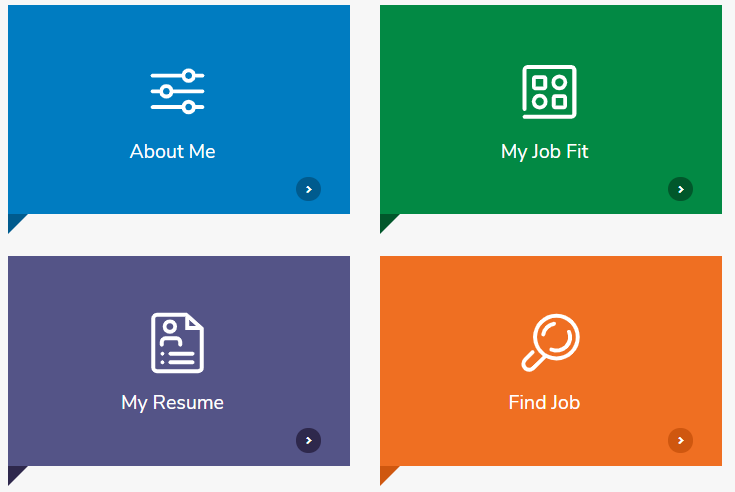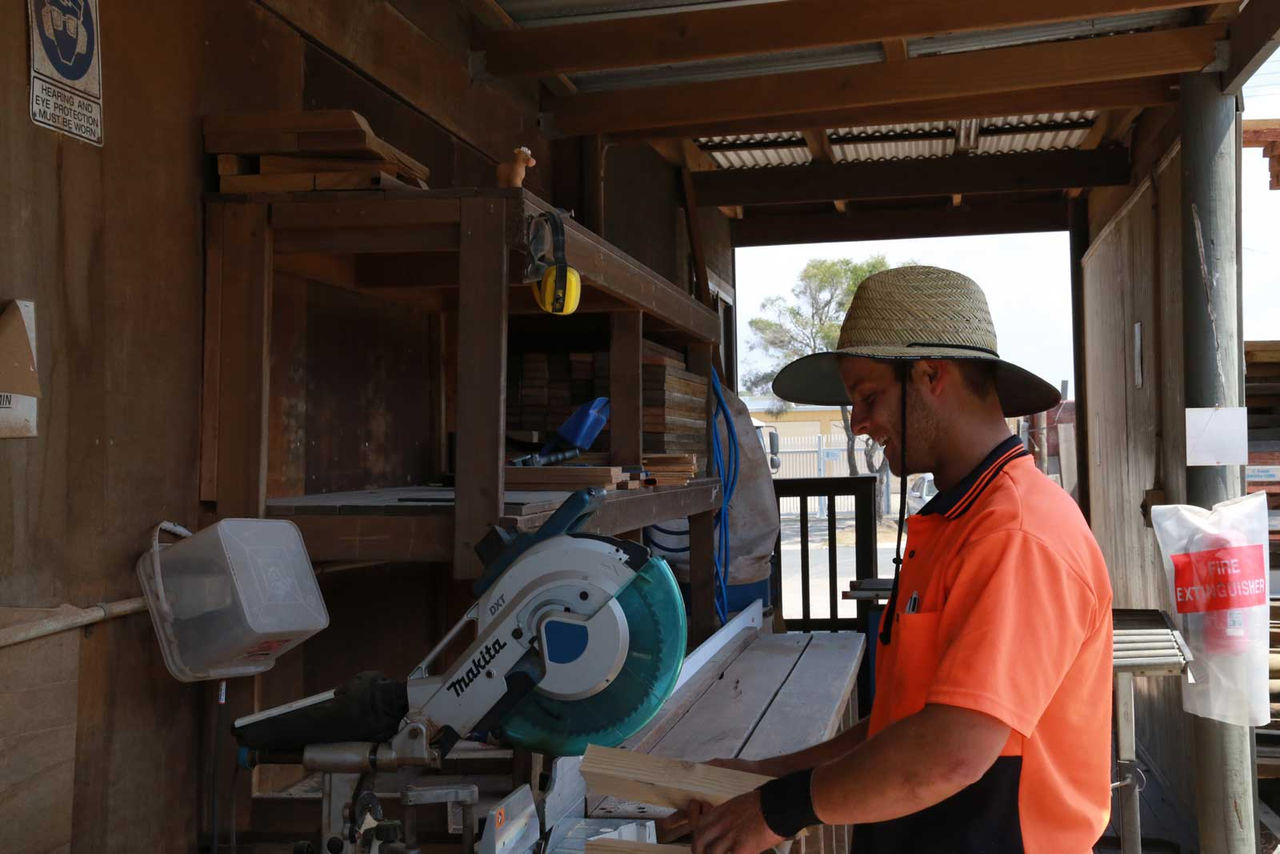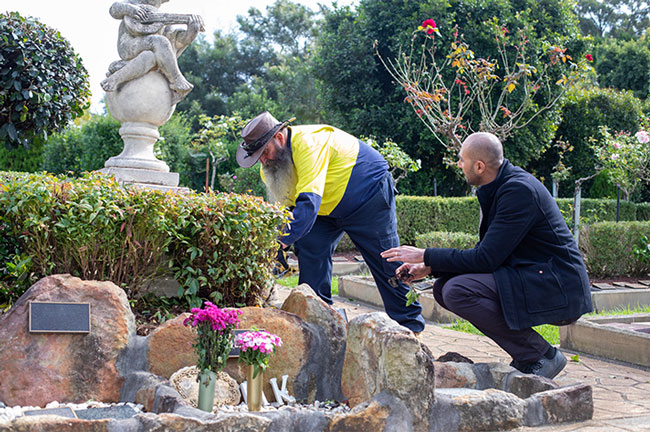How to improve your time management
Published by MAXSolutions on February 23, 2023

Time management is defined by researchers as the decision-making process that structures, protects, and adjusts a person’s time to changing environmental conditions.[1]
People who are good at time management tend to have better:
Job performance
Academic Achievement
Wellbeing (in particular life satisfaction)
Less distress
And the longer you do it well, the better at it you become (like most skills).
“In the current disruptive and very competitive world of work, managing time efficiently can be a key ability, not always innate but which can be learnt”[2]
Researchers[3] have identified three key Time Management Skills:
Awareness: thinking realistically about your time by understanding it is a limited resource.
Arrangement: designing and organising goals, plans, schedules, and tasks to effectively use time.
Adaptation: monitoring your use of time while performing activities, including adjusting to interruptions or changing priorities.
How to Develop your Awareness Time Management Skills
Find your peak performance time: Do you perform better in the morning? Or are you more alert at night?
Treat your time like its money: People who treat time as though it is a limited resource tend to manage their time better.
Measure how much time you’ve spent on tasks (rather than how much time you have left before a deadline). Most of us are terrible judges of how much time a task is likely to take; especially if the task is unfamiliar. Start measuring how long tasks typically take you so you can plan better.
Evaluate how realistically you assess time. Compare how long a task actually took against how long you thought it would take. This will improve your time assessment and help you to plan.
Consider how today’s tasks impact the future. What are you working on today? How will that impact you tomorrow? What about next week or next month?
Avoid Sunk cost fallacies. You may have already spent a lot of time on a task that isn’t helping you move toward your goals. Consider whether spending even more time on that task is likely to pay off, or are you better off cutting your losses and moving on?
How to Develop your Arrangement Time Management Skills
Prioritise. Often, it isn’t enough just to list your tasks, they need to be ordered by priority.
Don’t confuse urgency with importance. Urgency and importance are related but different. Urgent tasks need to be done immediately, whereas important tasks have more significant and long-term consequences. Tasks that are both urgent and important should be done first.
Use a calendar application. Record tasks and their due dates as soon as you get them. Some people find colour coding can help to stay organised.
Schedule protected time. Plan uninterrupted time during your day so you can focus and get things done. Consider placing your phone on silent and closing your email application to avoid distractions.
Seek information about realistic time requirements for tasks. When planning, ask others with more experience how much time tasks realistically require.
Start with the easy part. Sometimes the hardest part is getting started. Setting half goals, recognising milestones, or breaking tasks into smaller steps can make a big task seem achievable. This really helps to overcome procrastination.
How to Develop Adaptation Skills
Habit stacking. Tie your time management to an activity you already do. For example, review your plans for the day while you enjoy your morning coffee.
Use short bursts of effort for difficult tasks. Planning to spend 15 – 30 minutes of intense focus and effort on a difficult task can help to overcome procrastination.
Experiment with time-tracker or checklist apps. These are only useful if you save more time than the amount of time you spend using them.
Use detailed reminders. This can save you time in having to look up details you need for tasks.
Have contingency plans. Emerging issues are common in every job. Have a backup plan. Consider planning two (or three) lots of time to complete tasks if you expect you’ll be interrupted.
Use do-not-disturb time slots. In an open-plan office you may use a sign to communicate that you need undisturbed time.
Ironically, most people need to become better time managers of their own efforts to improve time management — to prioritise our developmental efforts.
If you’d like some help learning how to better manage your time, consider making an EAP appointment by calling 1800 629 277 in Australia or 0800 327 669 in New Zealand. You can also email support@maxsolutions.com.au
1. Aeon B, Faber A, Panaccio A. Does time management work? A meta-analysis. PLoS One. 2021 Jan 11;16(1):e0245066. doi: 10.1371/journal.pone.0245066. PMID: 33428644; PMCID: PMC7799745.
2. Source María, A. S., Ferrero, A. M., & Ugidos, A. (2019). Time management: Skills to learn and put into practice. [Time management] Education & Training, 61(5), 635-648. doi:https://doi.org/10.1108/ET-01-2018-0027
3. What Is Time Management? - Working Smarter to Enhance Productivity (mindtools.com)
Share
Tags
Found this useful?
Help and advice
Our blogs are about helping people seek the information that they need for their steps in the workforce.














_1.jpg)





























.jpeg)

















